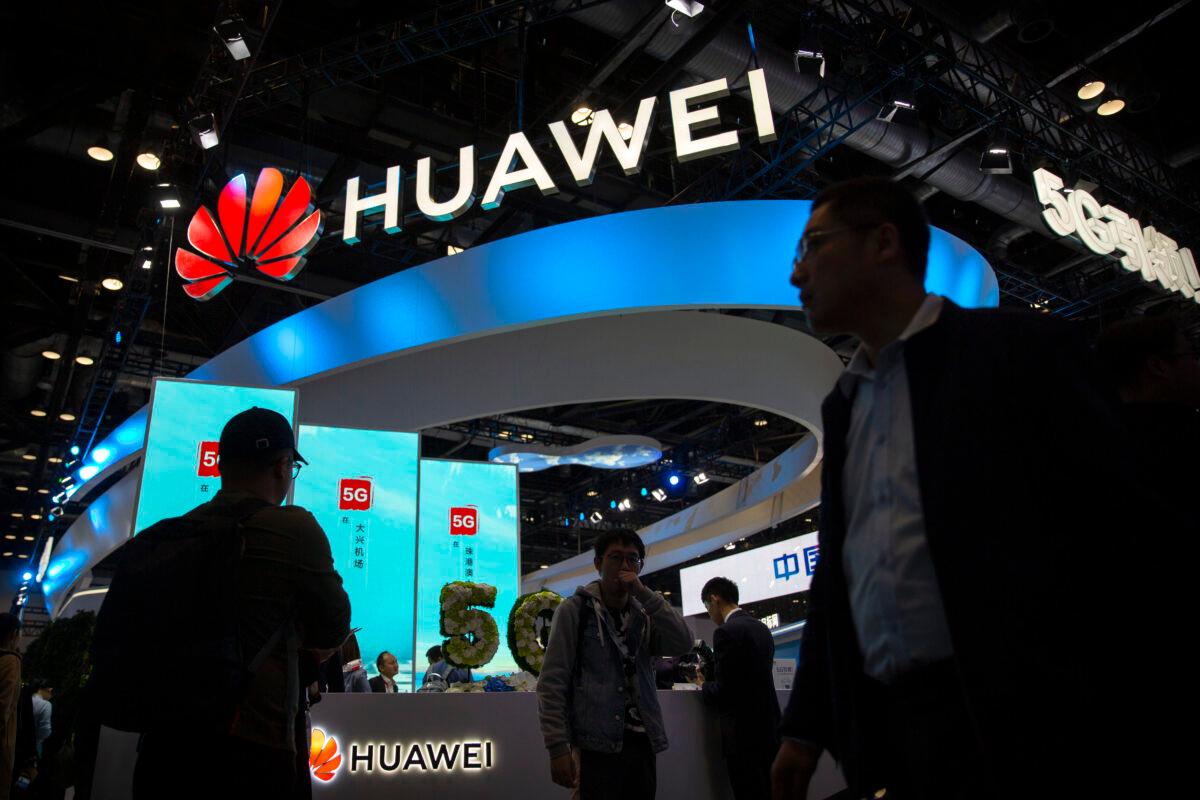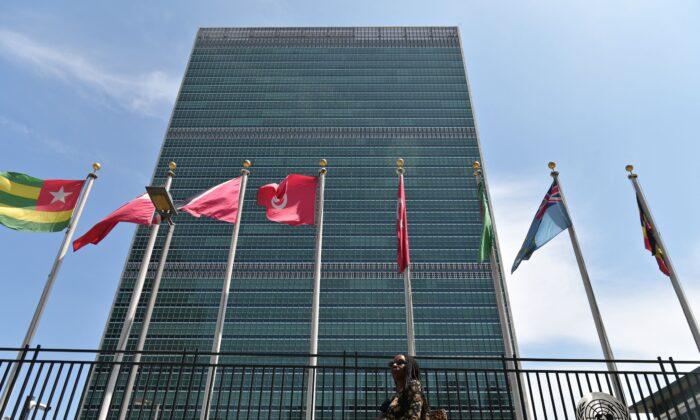Democracies are failing to oppose Beijing’s unprecedented plan to restrict the world’s internet freedom.
“China is currently promoting a new method of managing internet traffic that will, if successful, provide an easy means to inhibit the flow of international media,” according to the BBC.
Chinese and Russian state media currently have free access to Western markets, but the proposed U.N. internet rules could stifle users’ access to Western media far beyond China’s borders. International media that manage to leap China’s digital firewall are a critical counterweight to the fake news fed to citizens in countries such as China that have access to few other Western outlets.
Beijing proponents argue that giving governments greater control over internet traffic will build in security, and optimize network speeds and efficiency for technologies such as virtual and augmented reality. Current internet protocols, designed for academic and military use, they argue, are outdated.
China proposes itself, of course, to build this New IP for a brave new world, which is central to the regime’s “digital foreign policy.” The Financial Times in 2020 paraphrased a Huawei representative claiming that it is “leading an ITU group that is focused on future network technology needed by the year 2030, and [the] New IP is being tailored to meet those demands.”

“The US, UK and Europe, for example, are interested in adapting the current system to introduce more regulatory power, and give intelligence agencies greater access to users’ personal data,” according to the Financial Times (FT).
This might explain the failure of leading democracies to oppose Beijing’s illiberal ideas for a future internet. They themselves are looking for ways to narrow privacy protections that could help them enforce laws, for example, against terrorism.
Another explanation for the failure of the West to defy Beijing’s plans for the national balkanization of the internet is that Western governments may be powerless against Beijing’s proposal, other than to sanction its proponents economically. The unregulated nature of the global internet makes the web into a power vacuum waiting for authoritarian governments to fill.
According to the FT, sources who were present at ITU meetings in 2019 and 2020 claimed that “Saudi Arabia, Iran, and Russia have previously shown support for Chinese proposals for alternative network technologies.” Furthermore, “the proposals revealed that the blueprints for this new network have already been drawn up, and construction is underway. Any country will be free to adopt it,” the report said.
Ultimately, national capitals control the data pipes through which the internet flows. The West allows free data flow, but China is innovating controls on that data that can be adopted by other countries.
The BBC made the point that many nations, including the UK, weren’t vocally opposing the measure, which China could get passed through its checkbook diplomacy among most nations at the U.N. Western media sometimes falls into repeating CCP talking points on the issue, which demonstrates the BBC’s concerns.
Really? Then governments everywhere need to get schooled on the importance of freedom of speech and democracy. America currently leads in the defense of these principles, in an admittedly weak fashion, but more thoroughly than most European and Asian democracies.
In sum, the CCP seeks to export its censorship of the internet globally and make money in the process. Democracies aren’t doing their job, which is to protect the freedoms for which their founders fought and died.
Regular citizens must step up and pressure their governments to more aggressively defend their internet freedoms. Citizens in democracies are lucky enough to have the option today to accelerate the use of the very free speech that they are about to lose tomorrow.





